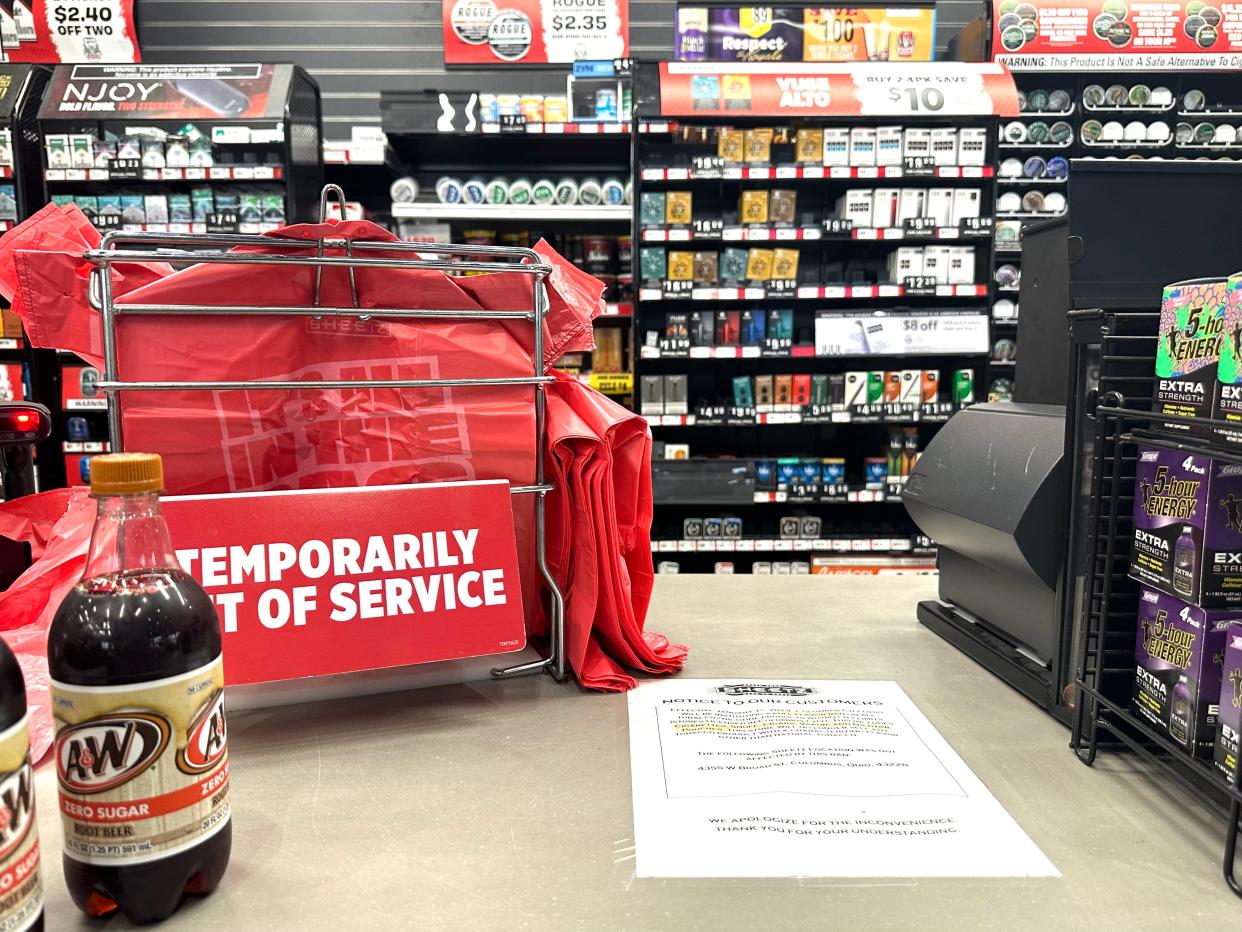Columbus, Cincinnati and others sue Ohio legislature for right to ban flavored tobacco

Columbus and Cincinnati joined more than a dozen Ohio cities Tuesday in challenging the state legislature's measure that prohibits them from imposing regulations on tobacco, saying it violated home rule and would harm Ohioans.
The complaint, filed in Franklin County Common Pleas Court on Tuesday, seeks a preliminary restraining order and permanent injunction after Republicans in the Ohio legislature voted to prevent cities from banning flavored tobacco — and then again to override Ohio Gov. DeWine's veto of the proposal late last year.
The cities include Columbus, Cleveland and Cincinnati, as well as central Ohio communities like Bexley, Dublin, Gahanna, Grandview Heights, Hilliard, Reynoldsburg, Upper Arlington, Whitehall and Worthington. The cities argued that the state legislature violated home rule, or the right of local governments to set its own policy, in opposition to the Ohio Constitution home rule amendment. They also argue that the new law will negatively impact Ohioans' health.
Proponents of flavored tobacco bans say that flavored tobacco and e-cigarettes, or vapes, have lead to a sharp rise in youth nicotine use and have historically targeted minorities and low-income people.
Columbus City Attorney Zach Klein said in a release that Columbus was "ready to make our case to the court defending our constitutional right to home rule so that we can continue to do what’s best for the health and safety of residents who demand it.”
“Stripping cities of their right to make decisions in the interest of residents isn’t just unconstitutional, it’s bad policy that harms public health and undermines the progress we’ve made to reduce tobacco usage and keep these products out of the hands of teens,” Klein said.
The city of Columbus and 13 other municipalities have filed a lawsuit challenging a recently passed state law that bans cities from regulating tobacco at the local level. This ban isn’t just unconstitutional—it’s plain bad policy. We can’t let it go into effect. @MayorGintherpic.twitter.com/6khhVFlv53
— Columbus City Attorney Zach Klein (@CityAttyKlein) April 10, 2024
The Ohio Attorney General's Office did not immediately respond to requests for comment, but during his State of the State address, DeWine called on legislators to pass a statewide flavored tobacco ban.
"We have an obligation to protect Ohio children, and we have the ability to do that," he said. "I understand the desire for uniformity statewide, and so I am asking you to pass a uniform statewide law banning flavored vaping and flavored cigarettes."
Columbus flavored tobacco ban still in effect — for now
Columbus banned flavored tobacco starting Jan. 1. That's at least until the 90-day waiting period for the state law takes effect in late April or before a judge decides on a preliminary injunction in the case.
Columbus City Council passed the flavored tobacco ban in late 2022, which faced an immediate challenge from Ohio lawmakers, and a law overriding the local rule was vetoed from the state's budget by DeWine. It was later overridden by the Ohio General Assembly at the end of 2023. At the time, DeWine called his fellow Republicans' decision a "win for Big Tobacco."
After the legislation had been enacted, Klein pledged to contest the new state law, The Dispatch previously reported.
While some cities participating in the lawsuit have laws that prevent the sale of flavored tobacco, others are plaintiffs because of the concern that their own local licensing requirements may be nullified by vague language of the override on local bans, according to court documents.
Ohio raised the minimum age for tobacco sales from 18 years old to 21 in 2019. But dozens of municipalities, many in Franklin County, issue local licenses to tobacco retailers and conduct compliance checks to ensure they aren't selling to children and teens, The Dispatch previously reported. License fees and penalties help cover program costs and other tobacco cessation efforts in those communities.
Reynoldsburg, which has local ordinances, "strongly advocates that local government have a better understanding of the needs of their communities and should be empowered to make those decisions rather than the state government," Mayor Joe Begeny said.
"We believe in the constitutional principle of home rule rights," Begeny said in a statement.
@Colebehr_report
Cbehrens@dispatch.com
This article originally appeared on The Columbus Dispatch: Flavored tobacco ban at heart of Columbus, Cincinnati lawsuit
